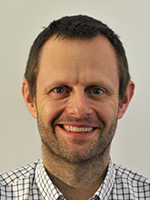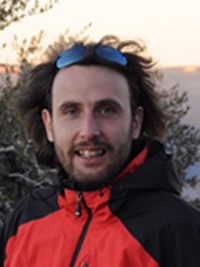To help control matter at the scale of the electron, reliable yet affordable approaches to strong electron correlation and basis-set completeness will be developed, including methods that consider the coupling of electronic and nuclear motion in the presence of electromagnetic fields.

The generation of laser pulses with duration down to the femto- and attosecond time scale has revolutionized our ability to investigate and potentially control the behavior of molecules on the scale of the electron. Theoretical studies based on the laws of quantum mechanics are indispensable to understand, interpret, and predict experimental observations of such ultrafast processes, but the development of the computational tools required for such studies faces several grand challenges beyond the current state of the art:
- Strong electron correlation
- Ionization and fragmentation processes
- Coupling between nuclear and electronic motion
- Affordable computational cost
- Precision control and basis set completeness
- Relativistic effects
In close collaboration with mathematicians, physicists, and the other RTs, we will in RT1 focus on novel approaches to time-independent and time-dependent electronic-structure theory, including single- and multi-reference coupled-cluster theories, density-functional theory, and semiempirical methods, and methods for solving the full molecular time-dependent Schrödinger equation within and without the Born-Oppenheimer approximation.
In RT1, we plan to:
- Improve the accuracy of time-dependent and time-independent density-functional theory using multiresolution techniques, including relativistic effects.
- Extend Multiresolution methods based on Multiwavelets both in the relativistic domain and to treat time-dependent problems..
- Enable reliable simulations of highly nonlinear optical processes using adaptive Gaussian wave packets and mesh-based methods.
- Develop new multi-reference coupled-cluster methods for both stationary states and laser-driven electron and electron-nuclear dynamics.
- Use fully-flexible explicitly correlated Gaussians to produce benchmark-quality non-Born-Oppenheimer molecular quantum dynamics.
- Investigate semi-empirical models based on neural networks.

